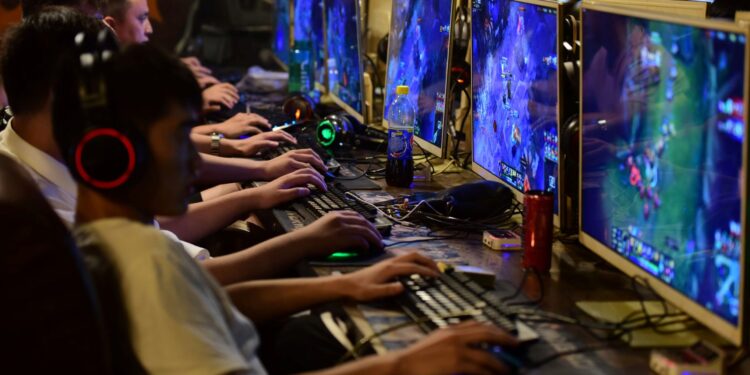The video game industry is rapidly embracing artificial intelligence, with a new Google Cloud study revealing that a stunning 87% of game developers are already using AI agents in their workflows. The survey, conducted in collaboration with The Harris Poll, highlights a significant shift towards using AI to enhance efficiency, reduce costs, and drive innovation in game development.
The study, which surveyed 615 developers across the U.S., South Korea, Norway, Finland, and Sweden, found that AI is not just a futuristic concept but a present-day reality transforming how games are made. A remarkable 97% of respondents believe generative AI is reshaping the industry, with 95% agreeing it’s helping to reduce repetitive tasks.
The primary motivator for AI adoption appears to be a need for greater efficiency in an industry grappling with rising budgets and development timelines. The survey found that developers are leveraging AI for a variety of tasks that were once time-consuming manual processes. For example, 47% of developers reported using AI to speed up playtesting and game balancing, while 45% use it for localization and translation. A further 44% are using AI for code generation and scripting support.
Beyond just automation, AI is also being used to power creative endeavors. The study found that a third of developers are using AI for creative elements like dynamic level design, animation, and dialogue writing. This newfound efficiency and creative capacity are seen as a way to free up developers to focus on the more nuanced and strategic aspects of game design, such as storytelling and new gameplay concepts.
While the adoption of AI is widespread and largely optimistic, the study didn’t ignore the challenges. Concerns over data ownership and intellectual property (IP) remain a significant hurdle, with 63% of developers worried about who owns the content generated by AI. This legal gray area, combined with fears of job displacement and a lack of clear licensing agreements, presents a complex landscape that the industry will need to navigate.
Despite these concerns, developers are optimistic about AI’s long-term impact. A resounding 94% of those surveyed believe that AI will ultimately reduce overall development costs over the next three years. As AI continues to evolve, it’s clear the gaming industry is at the forefront of this technological revolution, paving the way for more dynamic, personalized, and efficient game creation. The study suggests that while human creativity will remain central, AI is set to become an indispensable partner in bringing the next generation of games to life.










![Online Scam Cases Continue to Rise Despite Crackdowns on Foreign Fraud Networks [Myanmar] Online Scam Cases Continue to Rise Despite Crackdowns on Foreign Fraud Networks [Myanmar]](https://sumtrix.com/wp-content/uploads/2025/06/30-12-120x86.jpg)




